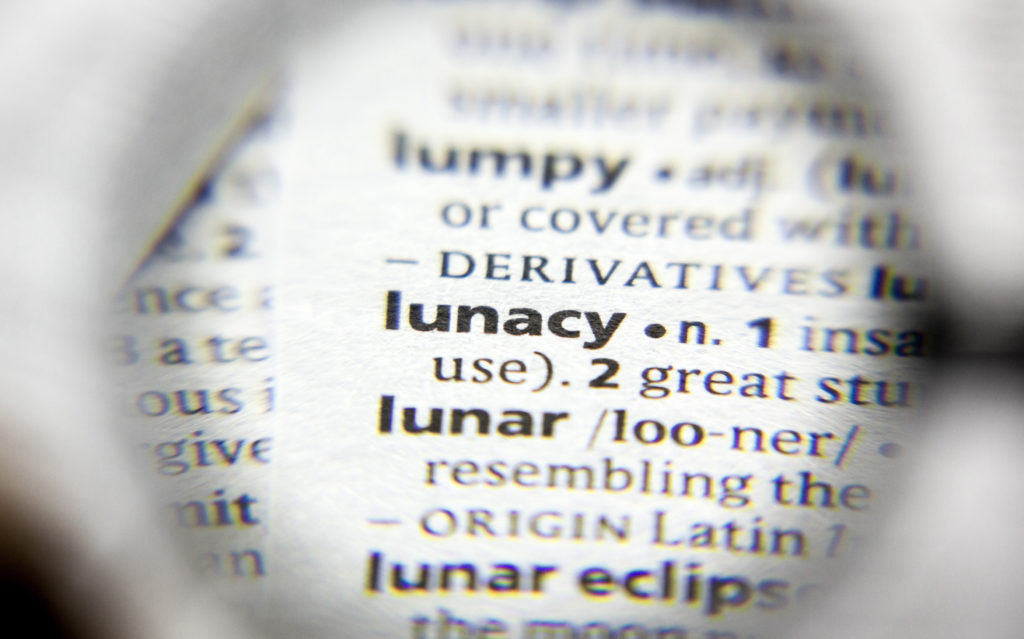The real problem with Joe Rogan and Spotify

American Rock Hall of Fame legend Neil Young has had enough of COVID misinformation. This week Young challenged Spotify to choose between his music, or the podcast of the mendacious Joe Rogan. Spotify opted to keep The Joe Rogan Experience podcast (JRE), causing a public backlash. So many users unsubscribed, Spotify had to freeze cancellations because their system was overwhelmed. Also, Spotify stock is down 10-25%, depending on when you mark the price.
The fallout continues, with Spotify drawing unwanted attention to its refusal to create a policy banning misinformation. JRE, the most popular podcast in the world, has been condemned for having several anti-vax guests, including discredited doctor Robert Malone, who was banned from Twitter for promoting Covid-19 misinformation. Rogan and his guests use their notoriety and academic backgrounds to give the appearance of credibility to manipulate listeners into thinking they are being informed, when, in fact, they are being dangerously misinformed. Note that 90% of hospitalizations and deaths due to COVID are the unvaccinated.
This incident has also refocused attention on social media regulation. The Internet is protected under Section 230 of Title 47 of the U.S. Communications Decency Act, which gives social media platforms immunity from contributors’ content, “even when they encourage illegal action, deliberately keep up manifestly harmful content, or take a cut of users’ illegal activities,” according to legal experts Citron & Franks.
The extreme right has already highjacked cable television and radio allowing Fox News and other rightwing programmers to skirt FCC regulations. The rightwing extremists have now used Section 230 to highjack the Internet. But they may have gone too far and reform is on the table. According to The Atlantic, Fox News, JRE, and other rightwing influencers promoting dangerous anti-vaccine campaigns to “save the economy,” no longer can use that argument under the booming Biden economy.
Portals such as Wikipedia, who post unsubstantiated claims about public figures, in what normally would be considered “unfair representation” generally actionable in all other media formats, may no longer be considered an ‘interactive computer service’ protected under Section 230 against defamation, when published on an Internet platform. The 1st Amendment states that Congress can make no laws hindering freedom of speech. But Congress and the courts can use current laws to protect U.S. citizens.

Chicago native Lorraine Evanoff earned her degree in French from DePaul University then became a Certified Financial Manager. She worked as a finance exec in film production for seven years in Paris, then in Silicon Valley during the dot-com era, and later for various Hollywood production companies, notably as CFO of National Lampoon. She is currently living in Los Angeles with her husband.
